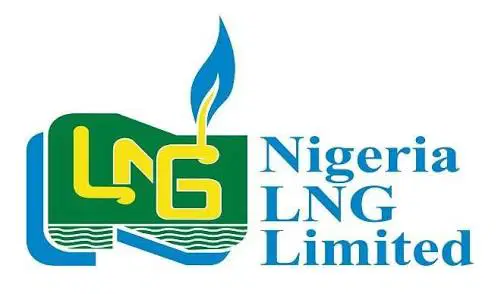As Nigeria edges closer to completing the construction of NLNG’s Train 7 project, the company is intensifying its advocacy for homegrown technological advancement in the oil and gas sector.
Deputy Managing Director of Nigeria LNG Limited (NLNG), Mr. Olakunle Osobu, made this call during a strategic panel session at the 2025 NOG Energy Week. Speaking on the theme “Technology as a Local Content Imperative: From Adoption to Domestication,” Osobu emphasized the need to move beyond just promoting local content to fully embedding technology within the Nigerian environment.
Train 7, which is expected to boost NLNG’s production capacity by 35% from 22 million tonnes per annum (mtpa) to 30 mtpa has been under construction since its final investment decision was taken in December 2019. The Engineering, Procurement, and Construction (EPC) contract was awarded to the SCD JV Consortium.
Osobu highlighted the fact that previous LNG Trains (1–6) were successfully delivered with substantial Nigerian involvement, showcasing the country’s growing technical capacity. He urged stakeholders to go a step further by localizing the technologies involved, even suggesting the use of indigenous languages to demystify and communicate complex processes.
“Technology shouldn’t be shrouded in foreign tongues when we have local languages that can be used to develop and pass on knowledge,” he said. “Countries like China, Russia, and France have shown that technology can thrive using native languages. We can do the same.”
He also dismissed the idea that fluency in English equates to intelligence, saying that technology is accessible to anyone who can read and write, regardless of the language used.
Adding her voice to the conversation, Dr. Obiageli Amadiobi, Director General of the National Office for Technology Acquisition and Promotion (NOTAP), stressed the need to not only build technologies but also secure them through patents and intellectual property rights.
“It’s not enough to create solutions,” she said. “We need to protect our innovations. At NOTAP, we’ve created a platform to register local talents and ideas, and the process is open to all qualified Nigerians.”
In his contribution, Engr. Felix Omatsola Ogbe, Executive Secretary of the Nigerian Content Development and Monitoring Board (NCDMB), reinforced the importance of nurturing local capacity across all stages of the oil and gas value chain from exploration to service delivery.
“A self-sufficient energy sector must be rooted in indigenous capability,” Ogbe said. “By investing in local skills and resources, we ensure job creation, reduce supply chain risks, and preserve economic value within the country.”
He also pointed to legislative and policy efforts supporting local content, such as the Nigerian Oil and Gas Industry Content Development (NOGICD) Act of 2010 and the “Nigeria First” policy, which promotes the use of domestic goods and services except in cases where local alternatives are unavailable.
As Train 7 nears completion, industry leaders agree that now is the time to build not just infrastructure, but also a sustainable, locally-driven technological foundation for Nigeria’s energy future.





